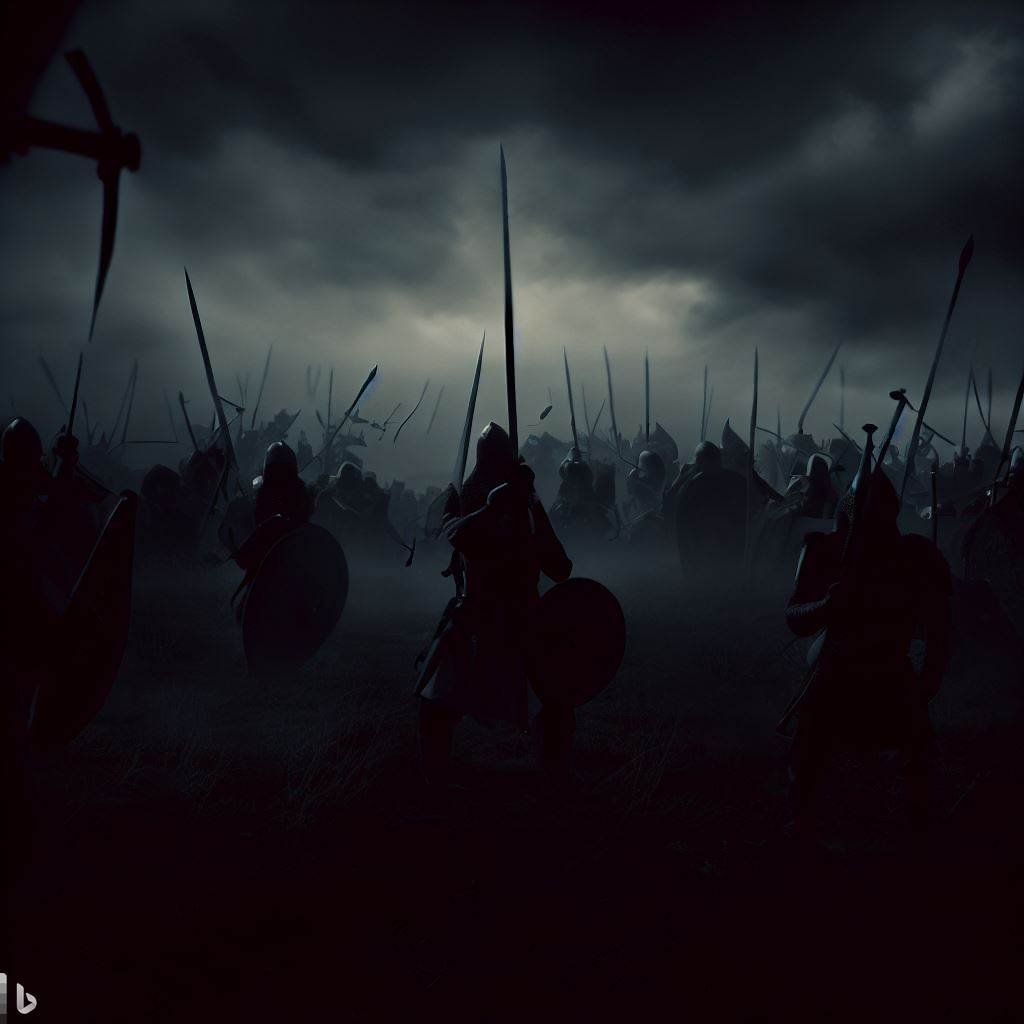
The Hundred Years' War Overview
A Prolonged Struggle for Supremacy
in 350 words
The Hundred Years' War in 350 Words
The Hundred Years' War was a lengthy and historically important conflict between England and France, lasting from 1337 to 1453. It was ignited by a disputed claim to the French throne. Edward III, King of England, laid claim through his mother Isabella, the sister of the deceased French King Charles IV. However, the French nobles ignored Edward using Salic law to crown Philip VI, sparking the conflict.
In the early stages of the war, England gained dominance at sea, securing control over the English Channel after a decisive victory in the naval Battle of Sluys in 1340. This was followed by another victory at the Battle of Crécy in 1346, where English longbow archers inflicted heavy casualties on a larger French army.
Longbow archers gave England the upper hand in the early part of the war
The Siege of Calais followed lasting from 1346 to 1347. It ended with Edward III capturing the city, and forcing the French into the Truce of Calais, briefly halting hostilities.
Both nations were further weakened by the devastating impact of the Black Death, which affected societies and economies across Europe. Despite alternating victories, such as the Black Prince capturing the French king John II in the Battle of Poitiers in 1356, the war continued.
The Treaty of Brétigny in 1360 provided a temporary respite, acknowledging England's territorial gains. However, the war reignited in the late 1360s and escalated with the remarkable victory of King Henry V in the Battle of Agincourt in 1415.
A turning point came during the Siege of Orléans from 1428 to 1429, where Joan of Arc, a young peasant girl, inspired the French forces. Her leadership ultimately led to the coronation of Charles VII and boosted French morale.
The Siege of Orléans marked a turning point int the 100 years war
The war persisted with further sieges and conflicts until the fall of Bordeaux in 1453, marking the end of the war and solidifying French territorial gains. France emerged as the victorious nation, shaping its national identity, while England's influence on the continent diminished.
The Hundred Years' War had profound and lasting impacts on both nations. It brought about significant societal, economic, and military transformations. The war's legacy highlights the complexities and consequences of prolonged conflicts between powerful nations and remains a significant event in history.
Altnerative Reads


